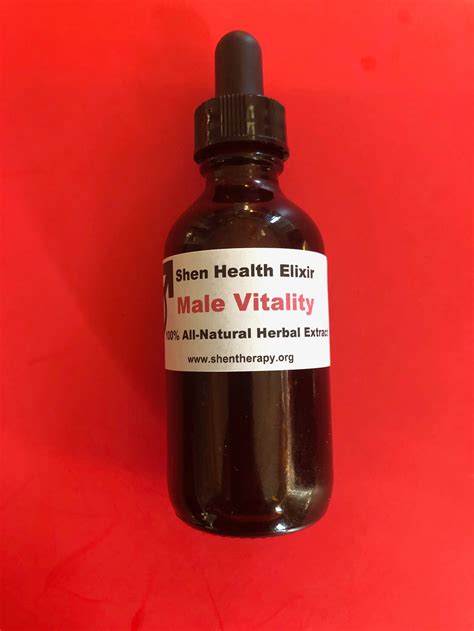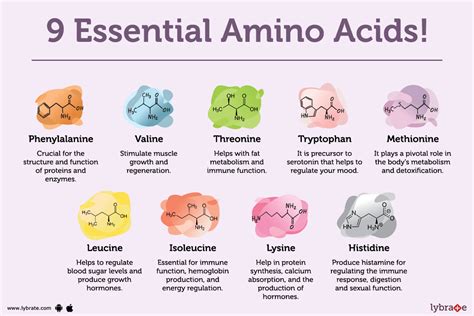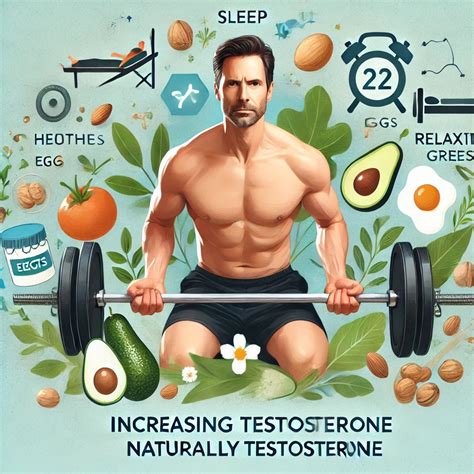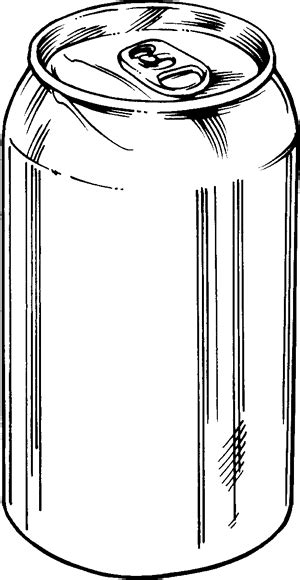Best foods to naturally boost male testosterone & vitality?

Understanding Testosterone and Male Vitality
Testosterone is the primary male sex hormone, playing a critical role in numerous bodily functions beyond just libido and reproductive health. It influences muscle mass, bone density, fat distribution, red blood cell production, and even mood and energy levels. As men age, testosterone levels naturally decline, but modern lifestyles, stress, and poor dietary choices can accelerate this process, leading to symptoms like fatigue, decreased libido, weight gain, and reduced muscle mass. Fortunately, diet can be a powerful tool in supporting healthy testosterone levels and enhancing overall vitality.

Essential Nutrients for Testosterone Support
Incorporating specific vitamins and minerals into your diet is crucial for optimizing testosterone production and maintaining vitality:
- Zinc: This vital mineral is directly involved in testosterone production. A deficiency can lead to lower T-levels.
- Vitamin D: Often referred to as the ‘sunshine vitamin,’ Vitamin D acts as a steroid hormone in the body and is strongly linked to testosterone levels. Studies show supplementation can increase T-levels.
- Magnesium: Known for its role in muscle function and energy production, magnesium also helps to keep testosterone free from binding proteins, making it more bioavailable.
- Healthy Fats: Cholesterol, a precursor to testosterone, is derived from dietary fats. Monounsaturated and omega-3 fatty acids are particularly beneficial for hormone health.
- Vitamin K2: Emerging research suggests Vitamin K2 plays a role in testosterone synthesis.
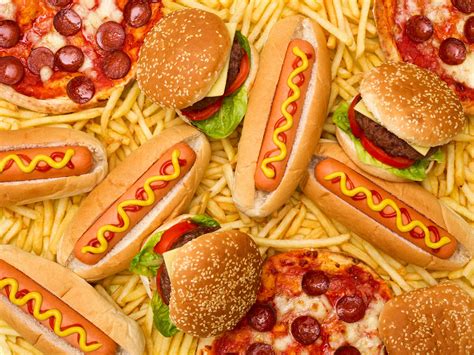
Top Foods to Incorporate for Natural Boosts
Here’s a list of powerful foods that can naturally contribute to higher testosterone and overall vitality:
1. Oysters and Shellfish
Oysters are legendary for a reason! They are one of the richest natural sources of zinc, a critical mineral for testosterone synthesis. Other shellfish like crab and lobster also provide a good amount of zinc.
2. Fatty Fish (Salmon, Mackerel, Tuna)
These fish are packed with Vitamin D and Omega-3 fatty acids. Vitamin D is directly linked to testosterone levels, while Omega-3s are crucial for overall hormonal health and reducing inflammation.
3. Leafy Green and Cruciferous Vegetables
Spinach, kale, broccoli, and cauliflower are magnesium-rich and contain compounds like indole-3-carbinol (I3C) which can help reduce estrogen levels, thereby improving the testosterone-to-estrogen ratio.
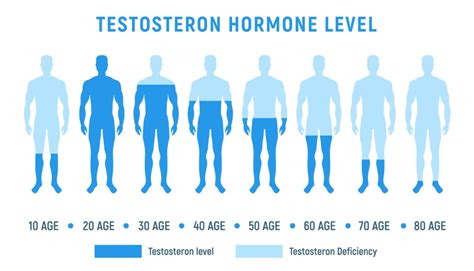
4. Avocados and Olive Oil
These are excellent sources of monounsaturated fats, which are essential for cholesterol production (the precursor to testosterone). Avocado also provides Vitamin E, and olive oil contains antioxidants.
5. Eggs
Egg yolks are a fantastic source of Vitamin D, healthy cholesterol, and protein – all building blocks for hormone production.
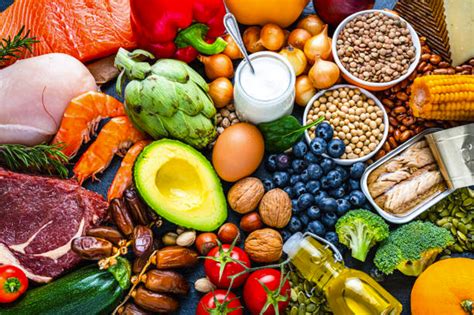
6. Berries and Pomegranates
Rich in antioxidants, these fruits combat oxidative stress, which can negatively impact hormone levels. Pomegranates, in particular, have been studied for their potential to reduce cortisol (stress hormone) and improve testosterone.
7. Garlic and Ginger
Both garlic and ginger possess anti-inflammatory properties and have shown potential in some studies to influence testosterone levels. Garlic may reduce cortisol, while ginger has been linked to increased T-levels in animal studies.
Beyond Diet: Holistic Vitality
While diet is foundational, maximizing male testosterone and vitality also requires attention to other lifestyle factors:
- Regular Exercise: Especially strength training and high-intensity interval training (HIIT).
- Quality Sleep: Aim for 7-9 hours of uninterrupted sleep per night.
- Stress Management: Chronic stress elevates cortisol, which can suppress testosterone.
- Limit Alcohol and Processed Foods: These can negatively impact liver function and hormonal balance.
Conclusion
Boosting male testosterone and vitality naturally is an achievable goal through a focused dietary approach combined with healthy lifestyle choices. By prioritizing foods rich in zinc, Vitamin D, magnesium, and healthy fats, and incorporating nutrient-dense vegetables and fruits, men can support their hormonal health, enhance energy, improve mood, and experience greater overall well-being. Always consult with a healthcare professional before making significant dietary changes or starting new supplements.
